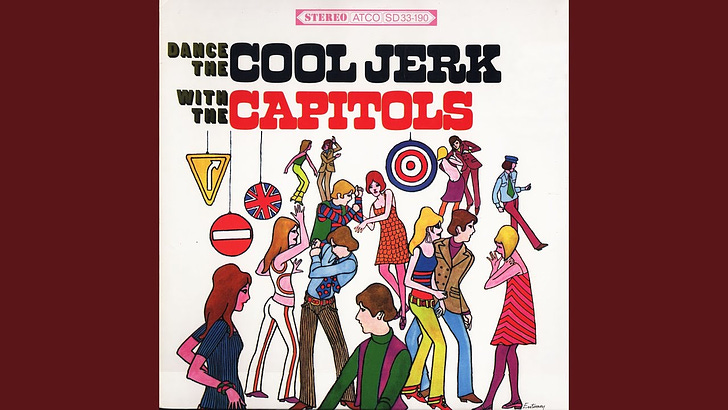I got a lot of benefits from spending most of my senior year of high school with Joseph, from late summer 1966 to late spring of 1967. He lived five houses away in one of the 36 new, identical split ranch houses in a two-ended cul de sac in the hamlet of Searingtown, New York, in Long Island's Nassau County. He was 23; I was 16.
I had a difficult time adjusting to the new neighborhood, a few blocks away from Herricks High School, when we moved in September 1963. I'd felt violently uprooted then, the beginning of ninth grade, from my exceptional and varied group of friends at Valley Stream North High School (VSN), part of Franklin Square about five miles south and five million light years away. Our part of Franklin Square was a blue collar, middle class town, greasers and athletes and geniuses and troublemakers and no particular defining line between such groups. I had friends in all of them. I was so insulated in our pre-teen rock and roll culture that at times I hardly noticed that ad…
Keep reading with a 7-day free trial
Subscribe to Critical Conditions by Wayne Robins to keep reading this post and get 7 days of free access to the full post archives.



